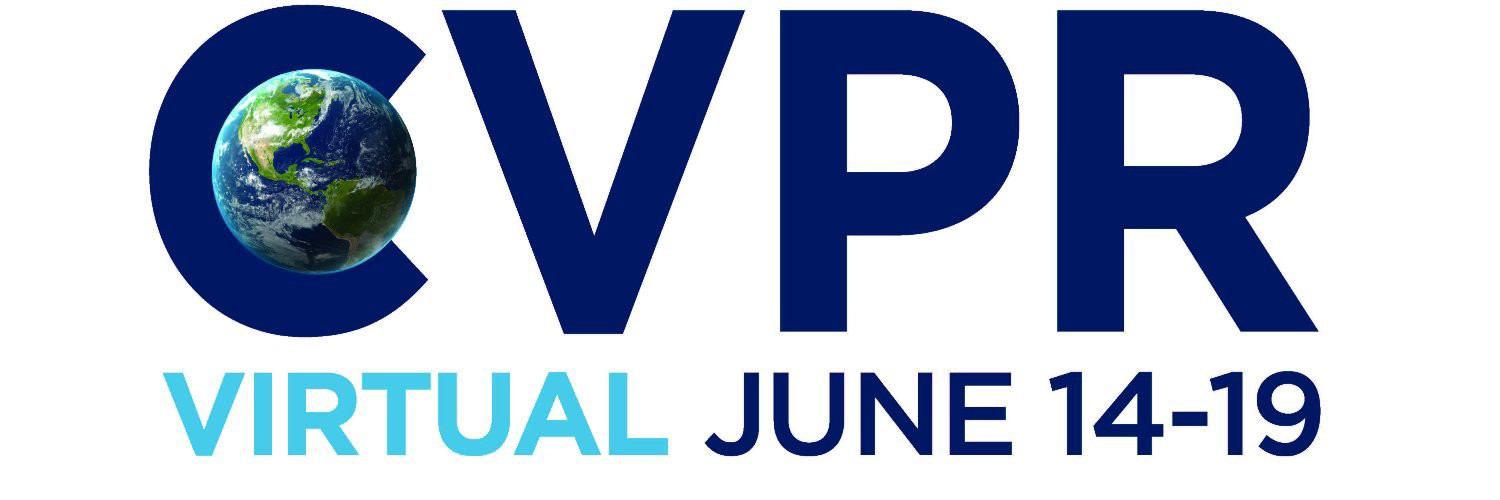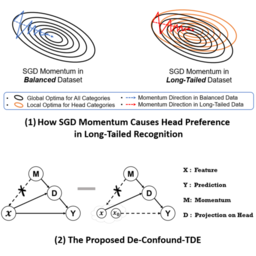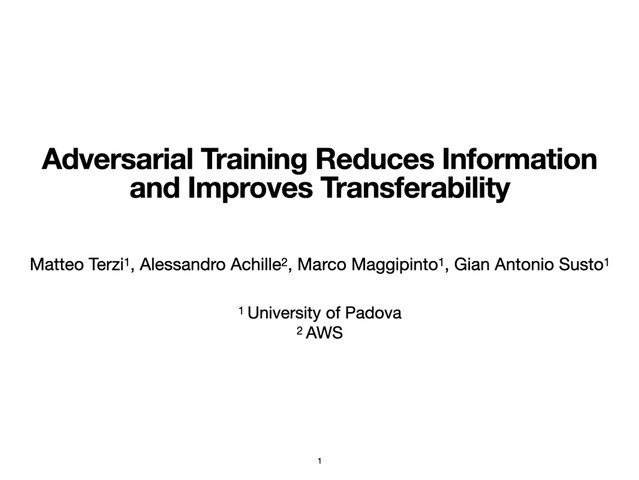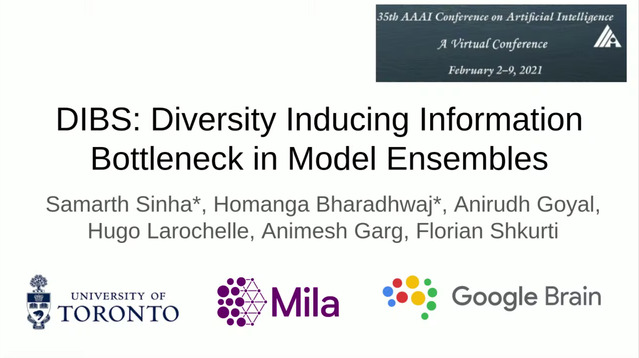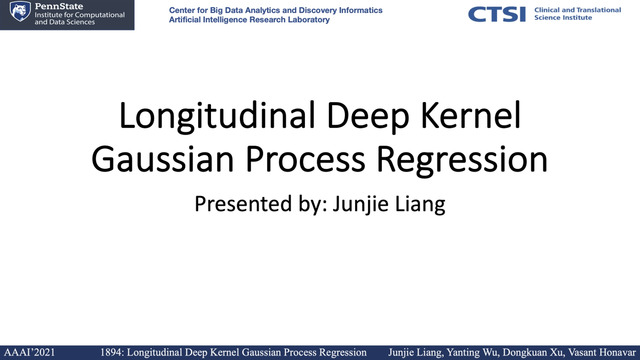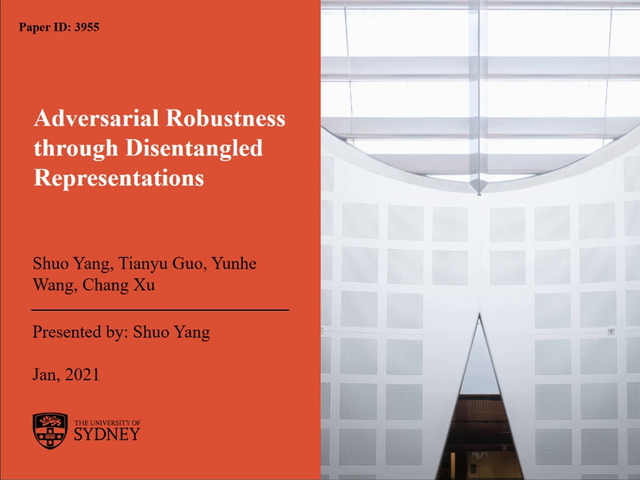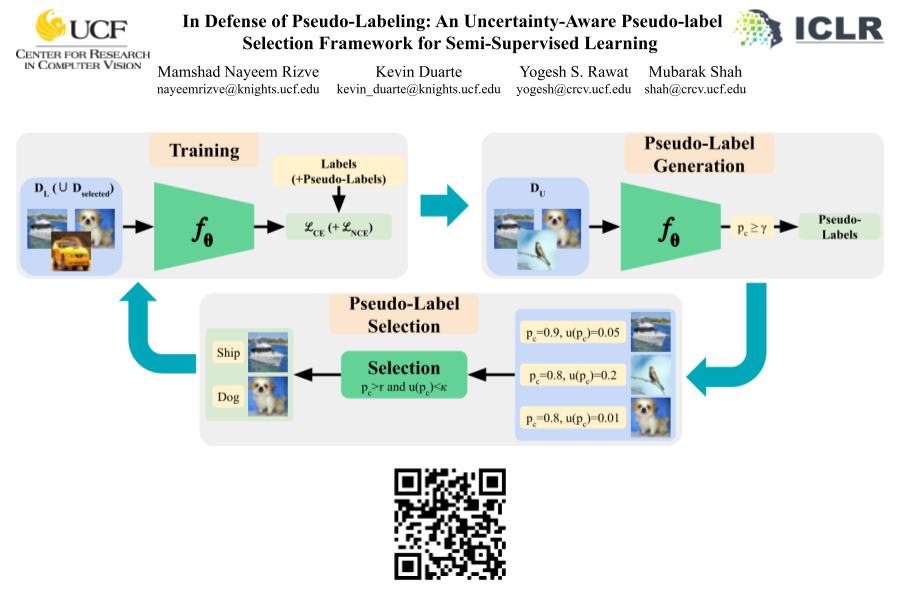Abstract:
The recent flourish of deep learning in various tasks is largely accredited to the rich and accessible labeled data. Nonetheless, massive supervision remains a luxury for many real applications, boosting great interest in label-scarce techniques such as few-shot learning (FSL), which aims to learn concept of new classes with a few labeled samples. A natural approach to FSL is data augmentation and many recent works have proved the feasibility by proposing various data synthesis models. However, these models fail to well secure the discriminability and diversity of the synthesized data and thus often produce undesirable results. In this paper, we propose Adversarial Feature Hallucination Networks (AFHN) which is based on conditional Wasserstein Generative Adversarial networks (cWGAN) and hallucinates diverse and discriminative features conditioned on the few labeled samples. Two novel regularizers, i.e., the classification regularizer and the anti-collapse regularizer, are incorporated into AFHN to encourage discriminability and diversity of the synthesized features, respectively. Ablation study verifies the effectiveness of the proposed cWGAN based feature hallucination framework and the proposed regularizers. Comparative results on three common benchmark datasets substantiate the superiority of AFHN to existing data augmentation based FSL approaches and other state-of-the-art ones.

